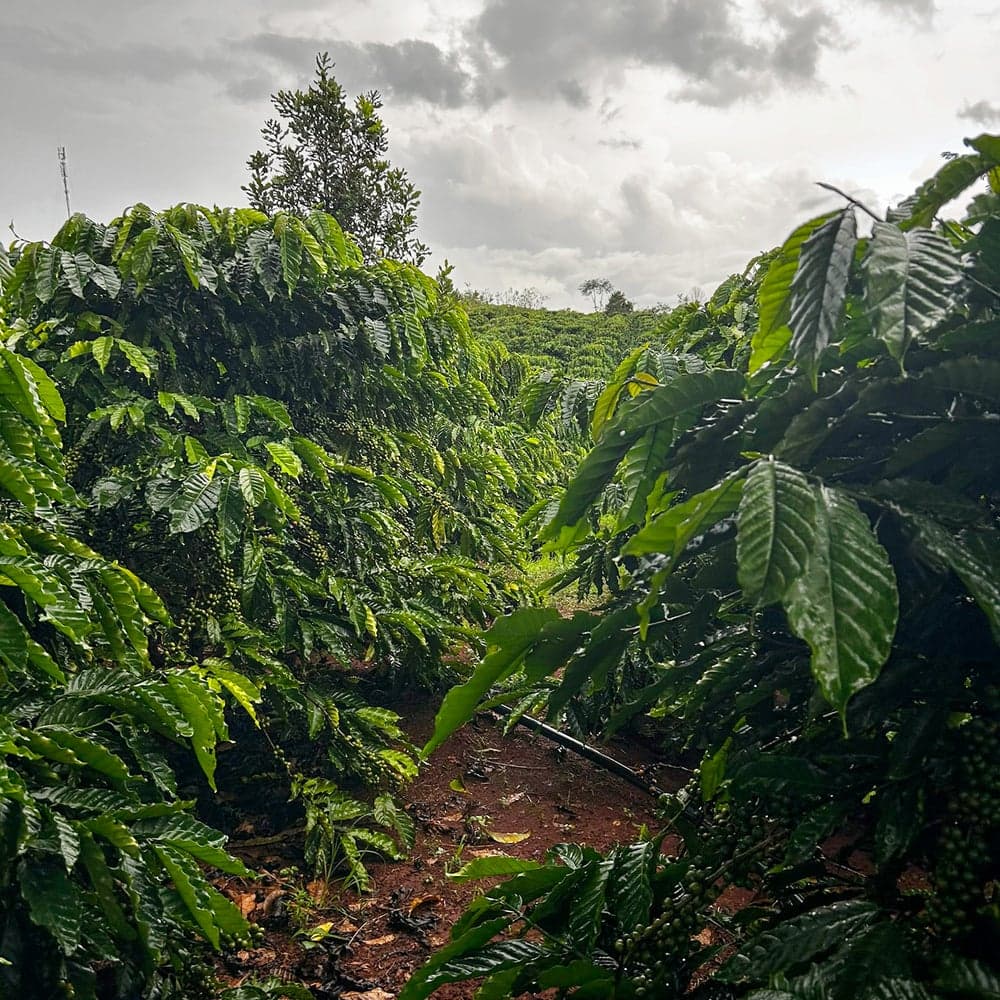The 2024/25 coffee harvest season has begun in Vietnam, with initial estimates predicting a 2% decrease in production compared to the previous year. Total output for the season is expected to reach approximately 27.2 million bags, reflecting challenges related to dry weather conditions that impacted cherry maturation.
Reports from the field indicate that the Robusta harvest started later than usual, beginning in the second week of October and projected to continue until mid-January. Production is estimated at around 26.35 million bags, slightly lower than the 26.69 million bags recorded in the 2023/24 season. The delayed start is attributed to prolonged dry conditions affecting key growing regions.
The Arabica harvest, meanwhile, has progressed significantly in northern regions such as Son La, Dien Bien, and Quang Tri, with 78-85% of the harvest already completed. In contrast, the southern province of Lam Dong has seen a slower pace, with only 15-20% harvested. The northern harvest is expected to wrap up by mid-December, while the southern harvest will extend into mid-January. However, Arabica production is expected to drop sharply by 21% to approximately 890,000 bags due to its natural off-year cycle.
This season, farmers are exhibiting a more cautious approach. Despite higher prices at the start of the season, many are holding back on harvesting and selling, anticipating further price increases as the season progresses.
Weather conditions have been favorable overall, with key growing areas avoiding the heavy rains and storms initially forecasted. While reports of smaller bean sizes in the new crop have surfaced, it remains too early to determine the broader implications for production quality and volume.
On the sustainability front, Vietnam’s supply chain team is strengthening relationships with suppliers while aligning with new European Union regulations. Efforts this season include training farmers in regenerative agriculture and implementing carbon reduction initiatives, such as agroforestry and improved irrigation practices.
As the harvest continues, global markets are closely monitoring Vietnam’s production, which remains a critical contributor to the world’s coffee supply amid increasing demand for high-quality coffee.

